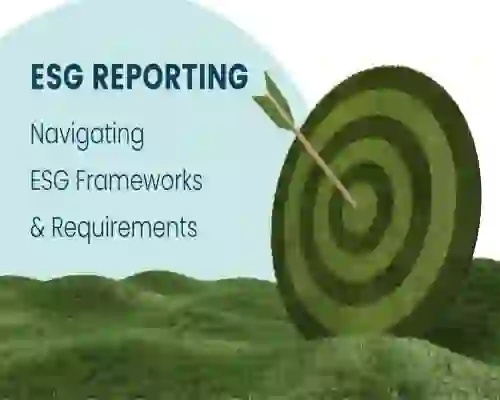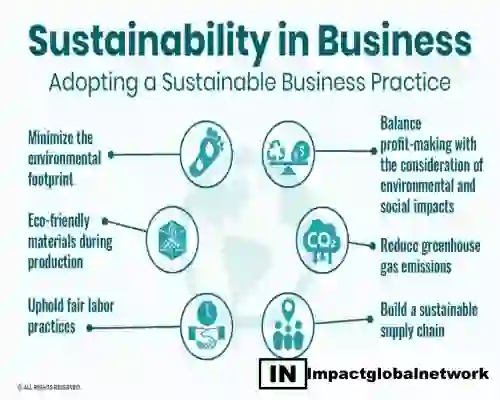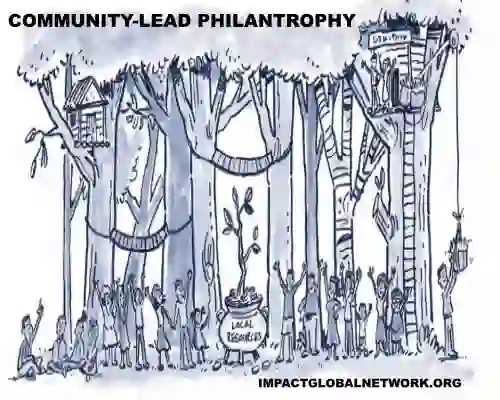[lwptoc]
Value chain have become and interesting discussion in agriculture. But with the increasing challenges in food security, climate change and underemployment, they is an ongoing shift and revolution in the agricultural value chain in Africa. Across the continent of Africa, from Nigeria to Ghana, transformative solutions are revolutionizing and bridging the gap between production and access to markets, enhancing farmer’s earnings, post-harvest loss reduction and opening-up new business opportunities. Agriculture in Africa is now thriving beyond the hand-mouth basis and has become a mean for economic development.
I have carefully explored 7 game changing innovations that are revolutionizing agricultural value chain in Africa with Nigeria as a focal point.
1. Access to the Market Using Mobile Technology
With advance in technology and the use of mobile platforms in connecting farmers directly to buyers, access to real time prices update and weather information, have greatly health formers avoid the exploitative threat posed by middlemen. Allowing them sale as a competivite prices na d even through receive payment digitally. In Nigeria apps like AgroMall and Farmcrowdy are leading the charge.

2. Digital Warehousing and Inventory Management Systems
Almost 30-40% of agricultural harvests in Africa are Post-harvest losses resulting in waste and food shortages. But innovative solutions in inventory and warehousing like those provided by Hello Tractor’s “Uber for Tractors” and Silo Africa, now makes it possible for farmers to make reservations with regard to storage space and logistics in advance ensuring product preservation and onward transportation in good condition.
These systems do not just provide warehousing and inventory management, but also support traceability and source verification, thus enhancing business sustainability and ESG that are a essential for export and a sustainable supply chain.
3. Blockchain for Traceability and Financing
To ensure product traceability and verification, blockchain technology is currently been piloted across agricultural systems. For example Binkabi platform enables a suture and verifiable transactions, easing access to loans and insurance, thought the accumulation of credit through the platform.
Blockchain system enhances the elimination of fraud, and trust building, it’s a tool that increasing transparency in the value chain.
4. Smart-Climate Farming Processes
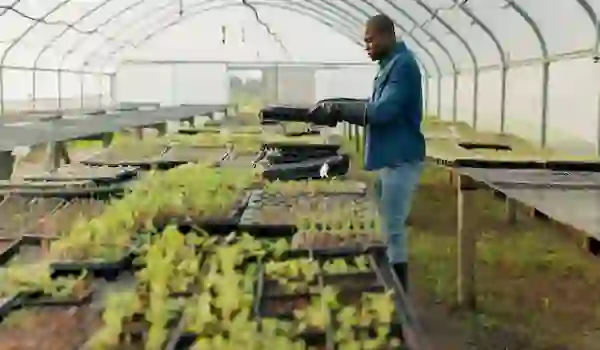
Sustainable solutions are some of the requirements for navigating some of Africa’s climate conditions. Solutions like Solar-powered cold storage, drought-resistant crops and drip irrigation are widely practiced in Africa. The International Institute for Tropical Agriculture (IITA) are currently developing seeds varieties that are climate-resilient to support the farming communities in Nigeria. These innovative approaches are helping to boost crop yields and also making the environment more sustainable.
-
Agri-Tech Starups
Innovation lead by African youth is driving change in the continent. Startups like Releaf and Thrive Agric in Nigeria are improving the agricultural value chain by helping in demand aggregation and linkages — with global buyers. These youth led startups are bending technology and business, thus making agriculture more attractive to the youth. With the increase technologically aware generation in the continent, the future of agriculture in Africa looks promising.
6. Inclusivity in Agricultural Financing Model.
Across the globe and particularly in Africa, access to fund, has always been a challenge. Financial models like those provided by digital mirco-loans, cooperative asset ownership and crowdfunding, are innovatively playing significant role in granting access equipment and input to smallholder farmers. Babben Gona and One Acre Fund are also testing adaptable models of support, integrating finance, technology and training. Because of these model, they have been resiliency in the food system.
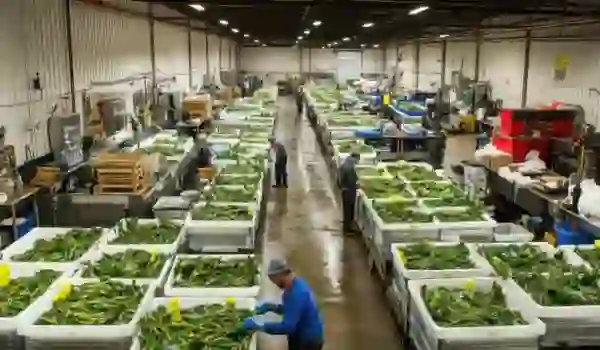
7. Innovative Clusters and Agricultural Business Hubs
Partnerships have proven to be a cornerstone for sustainability – public- private collaborations are pioneering the creation of agribusiness centers that functions as end-to-end agricultural value chain hubs by integrating production, processing, packaging, and distribution
Public-private partnerships are creating agribusiness hubs that integrate production, processing, packaging, and distribution. The Staple Crop Processing Zones initiative in Nigeria, are helping in the reduction of rural unemployment and investment attraction thus facilitating agro-industrialization.
My View Point
In Africa, agricultural value chain, is now defined by its associated potentials as against its challenges. Across the continent, agriculture has become resilient, profitable and a toll for sustainable development — made possible through innovation. Value chain innovation can be the future economic power — with the right solutions, adaptable models as well as inclusive financing





